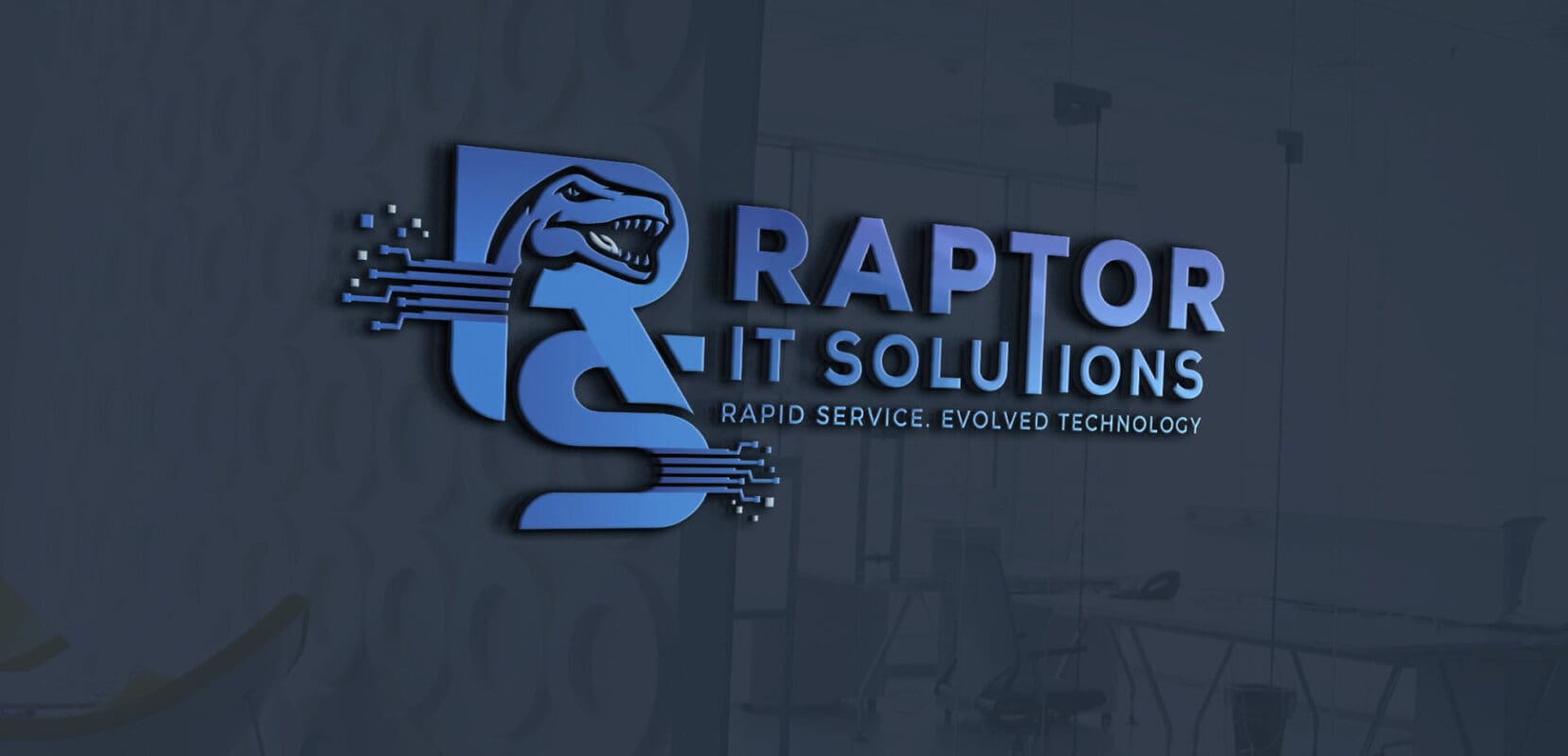Cloud computing has revolutionized the way businesses operate, offering flexibility, scalability, and cost savings that traditional IT infrastructure cannot match. As more companies transition to cloud-based solutions, leveraging IT services ensures businesses can maximize the benefits while maintaining security and efficiency. This article explores how cloud computing enhances business agility and how IT providers help companies implement and manage cloud solutions.
Why Cloud Solutions Matter for Business Success
Cloud solutions provide businesses with the ability to scale operations, improve accessibility, and reduce the costs associated with maintaining physical IT infrastructure. Whether a company is a startup or a large enterprise, cloud computing enables faster innovation and improved collaboration. With businesses increasingly relying on remote and hybrid work environments, cloud solutions offer seamless data access and communication tools essential for productivity.
Key Benefits of Cloud Computing
- Scalability and Flexibility
Businesses can quickly scale cloud resources up or down based on demand, avoiding unnecessary expenses while ensuring optimal performance. This flexibility is crucial for companies experiencing growth or seasonal fluctuations. - Cost Savings and Efficiency
Traditional IT infrastructure requires significant investments in hardware, software, and maintenance. Cloud solutions eliminate these upfront costs, allowing businesses to pay for only the resources they use. - Remote Accessibility
Cloud computing allows employees to access files, applications, and systems from anywhere with an internet connection, making remote work and collaboration more efficient. - Enhanced Security and Compliance
Leading cloud providers offer built-in security features, including data encryption, multi-factor authentication, and compliance with industry regulations, ensuring businesses meet security standards. - Automatic Updates and Maintenance
IT teams no longer need to manually update software or hardware. Cloud providers handle updates and maintenance, ensuring businesses always have access to the latest technology without downtime. Find out more.
Common Cloud Solutions for Businesses
Businesses can leverage different types of cloud computing solutions based on their needs. The most common options include:
- Public Cloud: Hosted by third-party providers like AWS, Microsoft Azure, or Google Cloud, offering scalable and cost-effective solutions.
- Private Cloud: A dedicated cloud infrastructure for a single business, providing enhanced security and control over data.
- Hybrid Cloud: A combination of public and private clouds, allowing businesses to balance cost efficiency with data security.
- Software as a Service (SaaS): Applications like Microsoft 365, Google Workspace, and Salesforce that provide cloud-based tools for productivity and business management.
- Infrastructure as a Service (IaaS): Virtualized computing resources that replace on-premises hardware, reducing IT costs and increasing operational efficiency.
How IT Services Optimize Cloud Implementations
Transitioning to the cloud requires careful planning and execution to avoid security risks and downtime. IT providers help businesses implement, manage, and optimize cloud solutions by offering:
- Cloud Migration Strategies: Assessing business needs and developing a roadmap for a smooth transition to the cloud.
- Data Backup and Disaster Recovery: Ensuring cloud data remains protected with secure backups and quick restoration options.
- Security and Compliance Management: Implementing firewalls, encryption, and compliance measures to protect sensitive information.
- Ongoing Monitoring and Support: Proactively managing cloud environments to optimize performance and address potential issues.
Why Businesses Should Embrace Cloud Computing
Cloud computing enables businesses to stay agile, competitive, and secure in a fast-changing digital landscape. Companies that adopt cloud solutions can streamline operations, enhance collaboration, and improve efficiency while reducing IT costs. Whether a business is considering its first move to the cloud or optimizing an existing cloud infrastructure, partnering with an IT provider ensures a seamless and secure transition.
For more insights on leveraging cloud solutions, read more about the latest advancements in business technology.
Final Thoughts on Cloud Computing in Business
The future of business IT lies in cloud computing. Companies that adopt cloud solutions gain a competitive edge by improving flexibility, security, and cost efficiency. With the right IT support, businesses can make the most of cloud technology, ensuring seamless integration and long-term success in a digital-first world.



